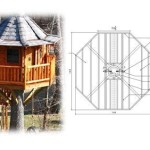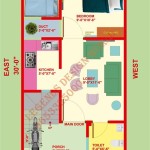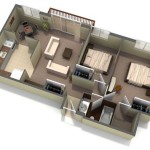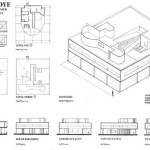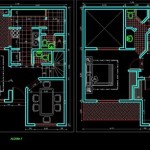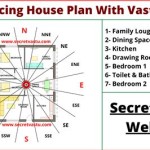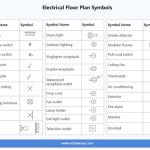Essential Considerations for House Plans on Hillside Lots
Designing and building a house on a hillside lot presents unique challenges and opportunities compared to flat sites. Here are crucial aspects to consider to create a functional and aesthetically pleasing home on a sloping terrain:
## Topography and GradingThe topography of your hillside lot will significantly impact your house plans. Carefully assess the slope, elevation changes, soil conditions, and drainage patterns to determine the most suitable building site and plan accordingly. Grading will be necessary to prepare the lot for construction by leveling and shaping the terrain.
## Foundation and Retaining WallsStrong foundations are essential for hillside homes to withstand potential ground movement. Depending on the slope and soil conditions, different foundation types may be required. Retaining walls help support unstable slopes, prevent soil erosion, and create flat areas for the house and yard.
## Drainage and Water ManagementProper drainage is crucial to prevent water damage and erosion on a hillside lot. Design your house plans to include gutters, downspouts, and drainage systems that effectively channel rainwater away from the house and foundation. Consider using permeable surfaces such as gravel or pavers to minimize runoff.
## Daylight and ViewsTake advantage of the natural light and breathtaking views that a hillside lot offers. Position windows and outdoor living spaces strategically to maximize daylight and frame scenic vistas. Use passive solar design principles to reduce energy consumption and enhance the indoor environment.
## Access and CirculationAccess to your hillside home is essential. Plan for a well-designed driveway or path that navigates the slope safely and efficiently. Consider incorporating stairs, ramps, or elevators to ensure accessibility for all occupants. Circulation within the house should also be carefully designed to accommodate the different levels and slopes.
## Structural ConsiderationsThe structural design of a hillside home must account for the additional forces exerted by the sloping terrain. Engineers and architects will evaluate the soil conditions and slope stability to determine the necessary structural elements, such as reinforced foundations, shear walls, and seismic bracing.
## Outdoor Spaces and LandscapingMake the most of your outdoor spaces by designing terraces, decks, and patios that blend seamlessly with the natural contours of the hillside. Retaining walls can be used to create level areas for gardens, seating areas, and play spaces. Native plants and low-maintenance landscaping will help stabilize slopes and minimize erosion.
## ConclusionDesigning a house on a hillside lot requires careful planning and attention to detail. By considering the unique aspects of the terrain, such as topography, drainage, access, and structural requirements, you can create a home that seamlessly integrates with the natural environment. Embrace the challenges and opportunities that a hillside lot offers to create a truly exceptional and unforgettable living experience.

Plan 51696 Traditional Hillside Home With 1736 Sq Ft 3 Be

Looking For The Perfect Affordable Cottage With A Large Covered Balcony Plan 1143

Sloped Lot House Plans With Walkout Basements At Dream Home Source Unique Modern Architecture

A Guide To Sloping Lot House Plans

100 Best Sloping Lot House Plan Ideas Design Hillside

The Best House Plans For Sloped Lots And Narrow Houseplans Blog Com

Duplex For A Down Sloping Lot 8188lb Architectural Designs House Plans

Sloped Lot House Plans Down Slope The Designers

Modern House Plans For Sloped Lots Fresh 29 Best Steep Slope Images On Sloping Lot Plan

Hillside And Sloped Lot House Plans

